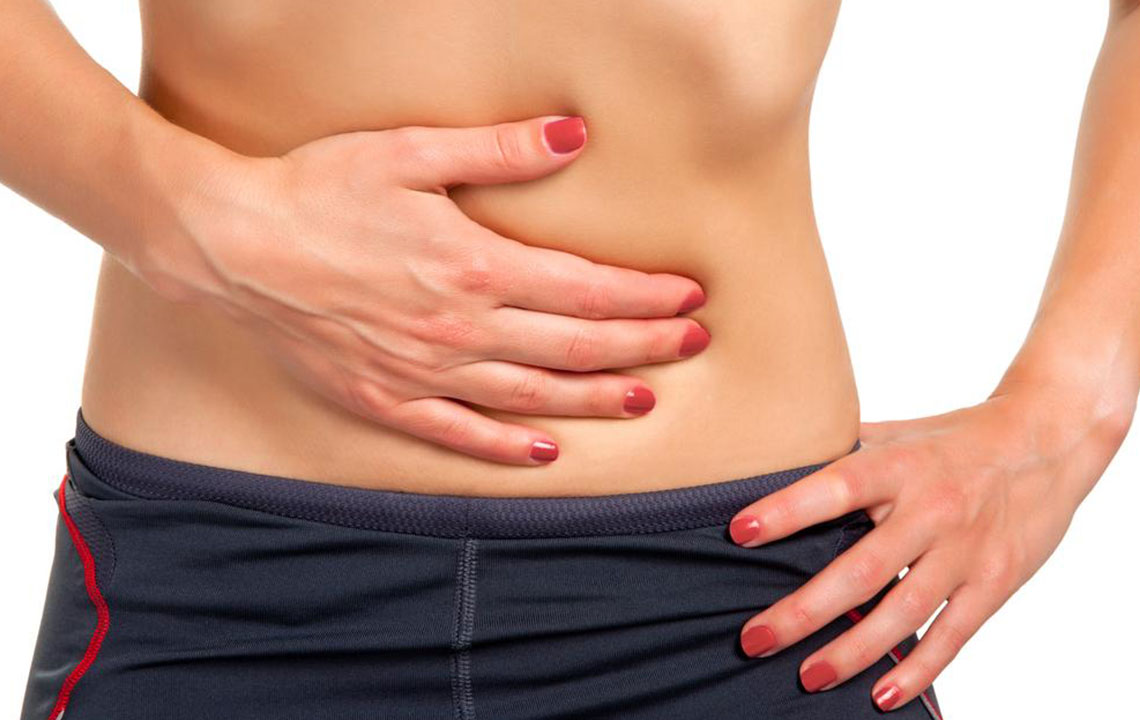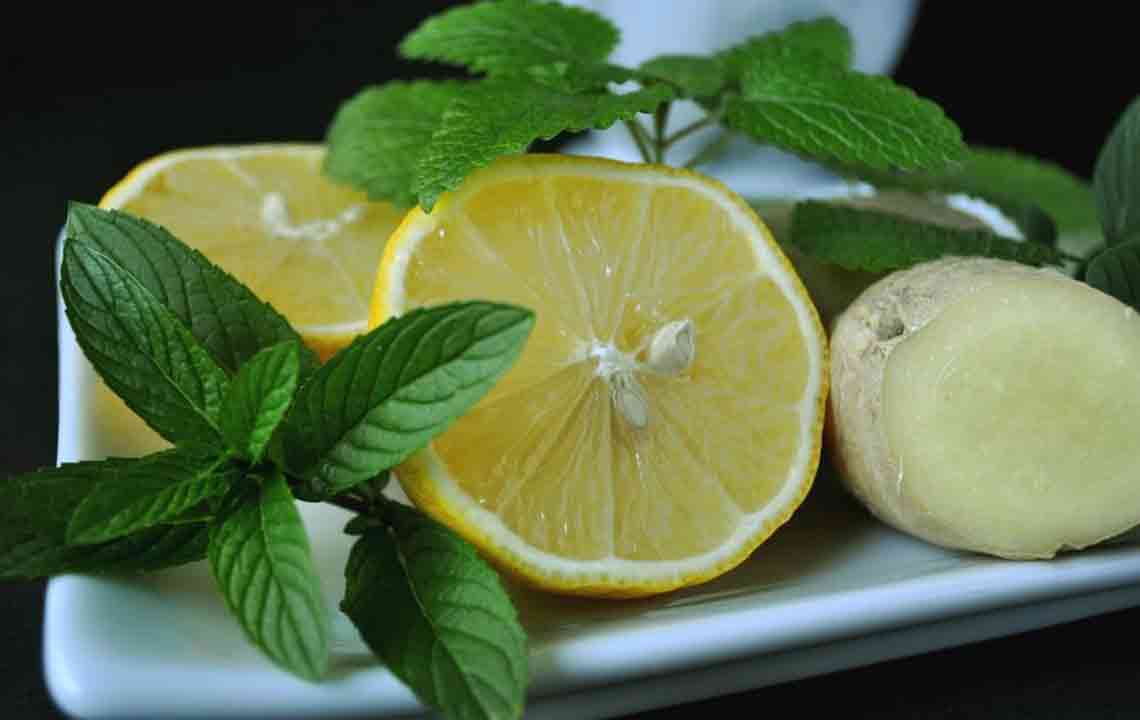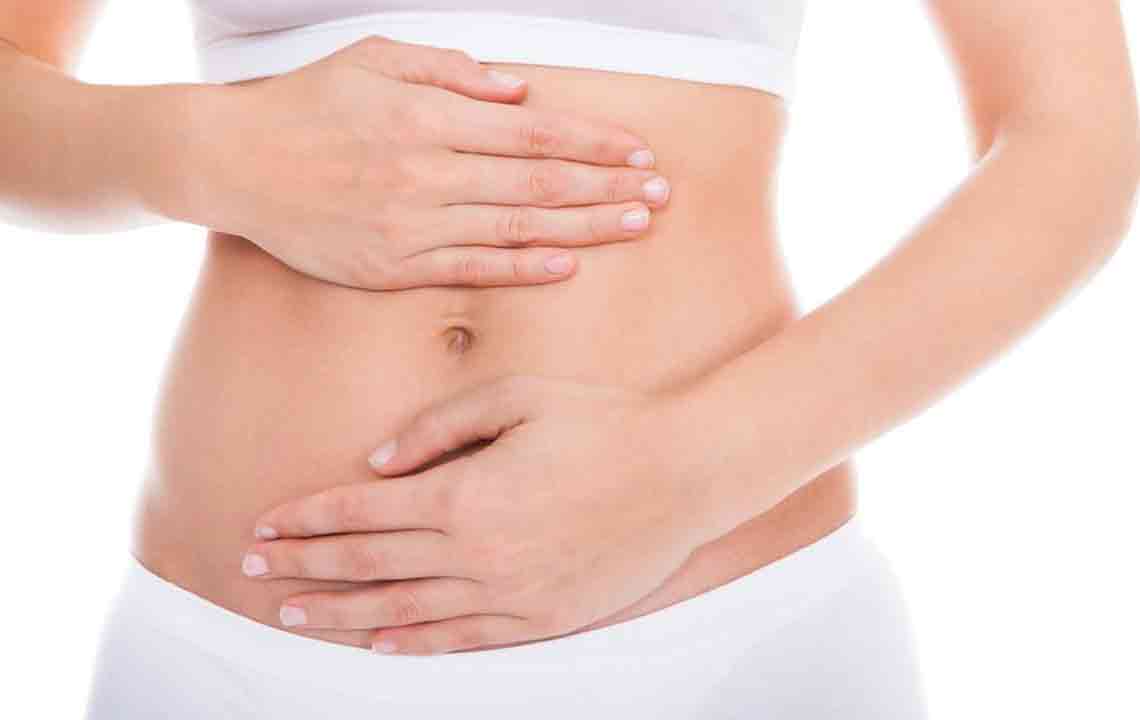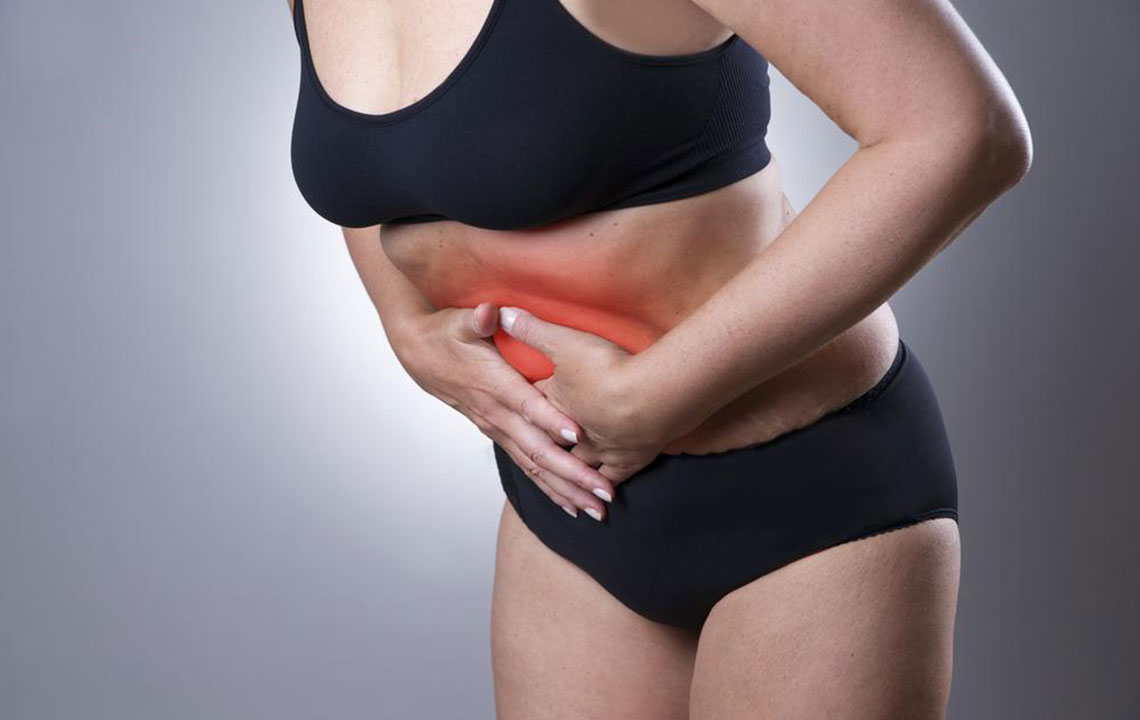Understanding Causes and Effective Remedies for Abdominal Bloating
Learn about common causes of abdominal bloating, from digestive disorders to hormonal changes, and discover effective home remedies and treatments. Recognizing symptoms early and making lifestyle adjustments can help alleviate discomfort. Consult a healthcare professional if symptoms persist or worsen for proper diagnosis and treatment.
Sponsored

Many individuals experience a swollen or distended stomach, often accompanied by discomfort or pain. This condition, known as abdominal bloating, typically results from minor issues like indigestion or excess gas, but can also stem from conditions such as fluid build-up, digestive disorders, or infections. While usually harmless and manageable at home, severe or persistent bloating should be evaluated by a healthcare professional. Recognizing the underlying causes is key to effective treatment and relief.
Here are some common causes and practical remedies for abdominal bloating:
Primary Causes of Bloating
Digestive Conditions
Conditions like irritable bowel syndrome (IBS), ulcerative colitis, and celiac disease can cause a swollen abdomen. Studies suggest that up to 96% of IBS sufferers experience bloating, making it a common symptom.
Fluid Accumulation
Excess fluid retention around the abdomen, known as ascites, can cause puffiness and discomfort. This may indicate underlying issues such as liver disease, infections, or even cancer.
Dehydration and Bloating
Ironically, insufficient hydration can slow digestion, leading to bloating. Drinking adequate water is essential for digestive health.
Constipation
When stool builds up in the intestines, it causes a hard, distended abdomen, often accompanied by pain and gas. Limited fiber intake, low water consumption, and lack of physical activity are typical contributors.
Food Sensitivities and Allergies
Dairy, gluten, and specific carbohydrates can trigger gas and bloating, especially in individuals with lactose intolerance or food allergies. An elimination diet can help identify problematic foods.
SIBO (Small Intestinal Bacterial Overgrowth)
An overgrowth of abnormal bacteria in the small intestine can cause fermentation during digestion, leading to bloating, gas, and other symptoms, often triggered by antibiotics or inflammation.
Infections
Infections causing inflammation of the gastrointestinal or pelvic organs can result in swelling and fluid buildup, contributing to bloating.
Bowel Obstruction
Tumors or scar tissue may block the intestines, leading to severe bloating, pain, and constipation. Immediate medical attention is crucial if symptoms appear, as untreated obstructions can be life-threatening.
Hormonal Fluctuations
Hormonal changes, especially around menstruation, can cause fluid retention and constipation, resulting in temporary bloating. Symptoms often improve after periods end, but irregular cycles or fibroids may require medical evaluation.
Cancer
Though rare, persistent bloating may signal ovarian or colon cancer. If bloating persists despite treatment, consulting a healthcare provider is important for diagnosis and early detection.
Home Remedies and Treatment Options
Most bloating issues can be addressed with simple at-home measures. Keeping a food journal can help identify triggers. Reducing intake of gas-causing foods, applying heat to the abdomen, drinking plenty of water, and consuming peppermint or ginger can provide quick relief. Over-the-counter medications and laxatives may assist with constipation-related bloating. However, if symptoms worsen or persist, consulting a doctor is advised.
Abdominal bloating can be uncomfortable but is often manageable with lifestyle adjustments and home remedies. Persistent or severe symptoms should be evaluated promptly to rule out serious health conditions.






